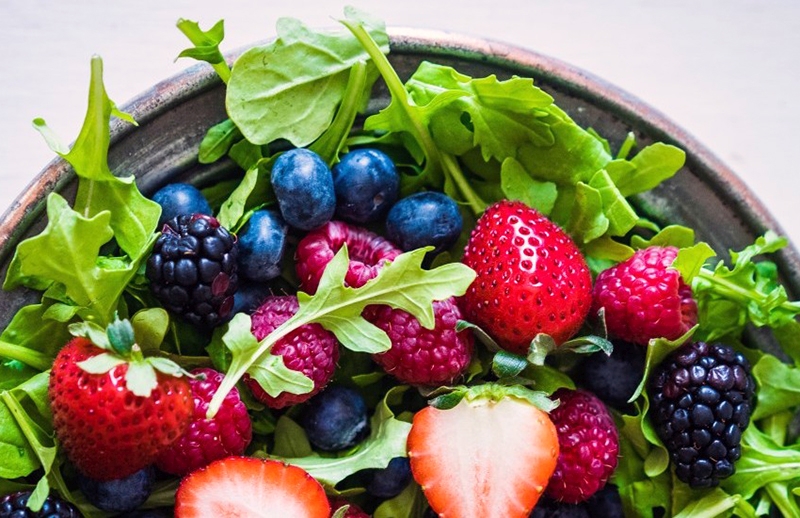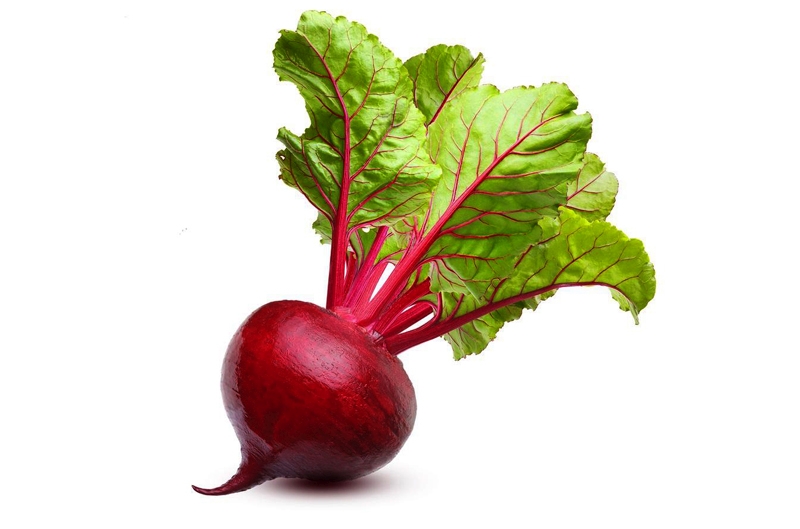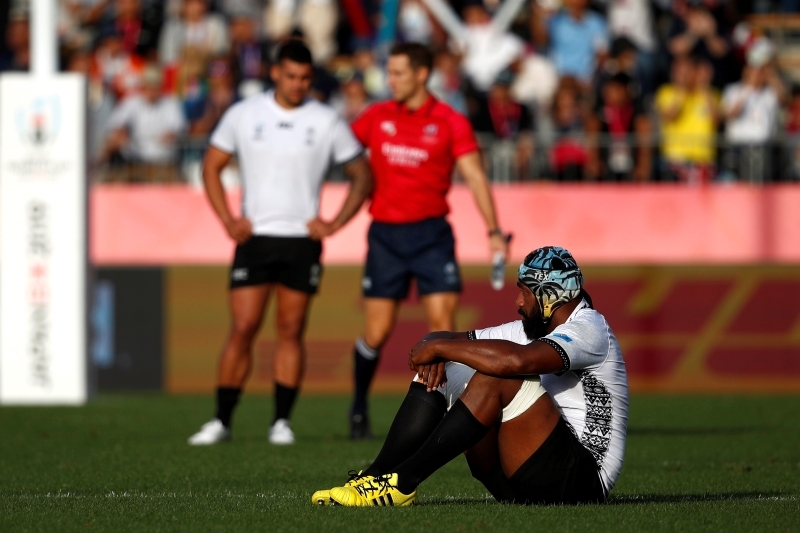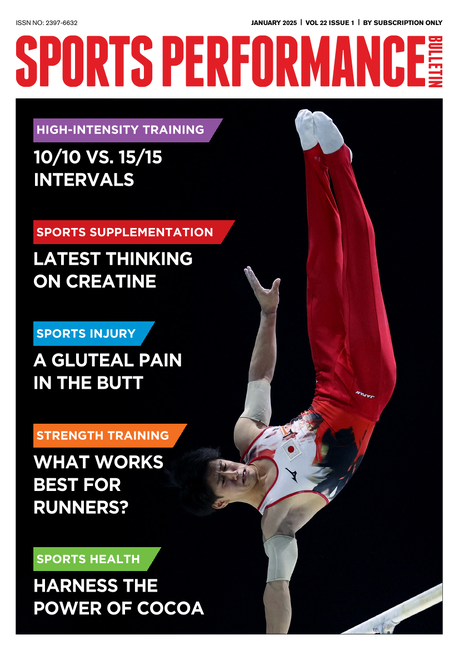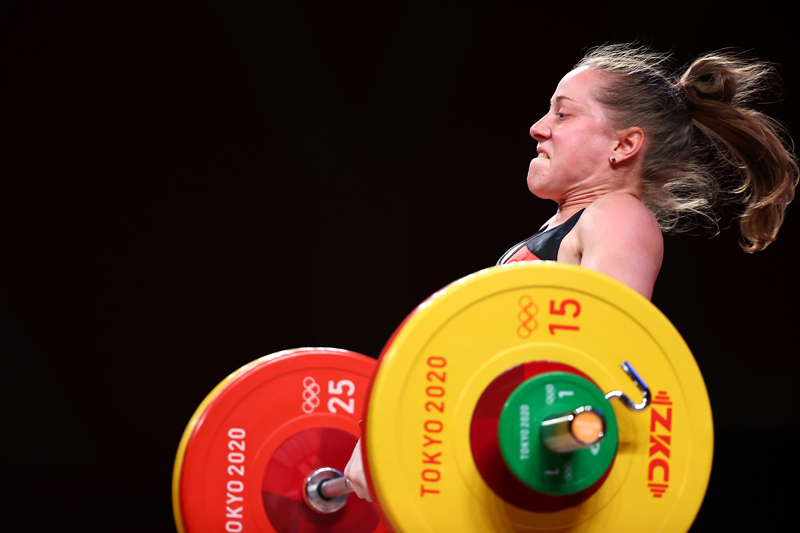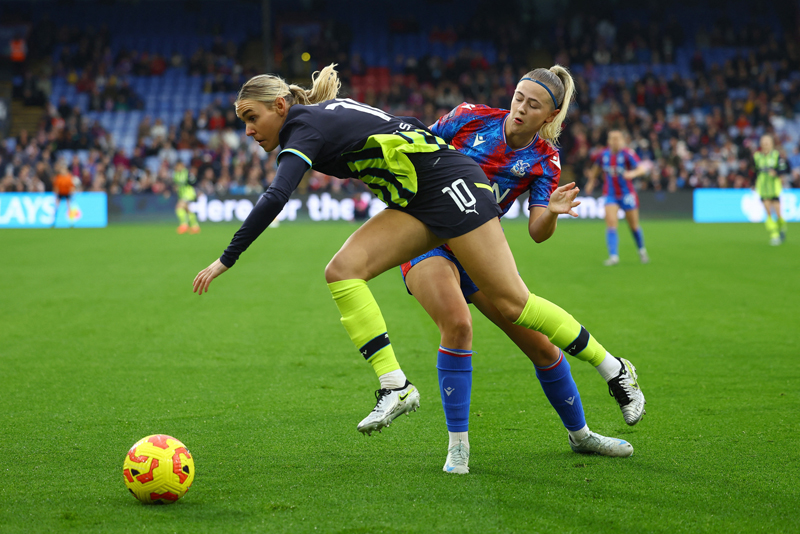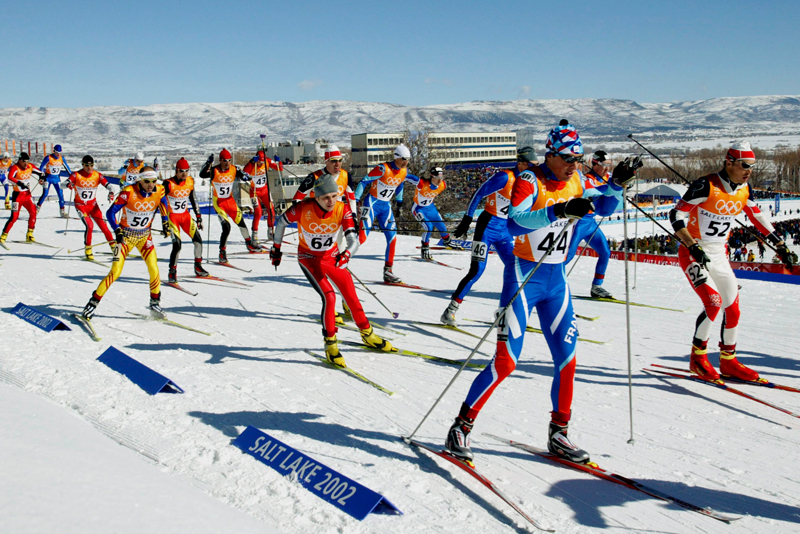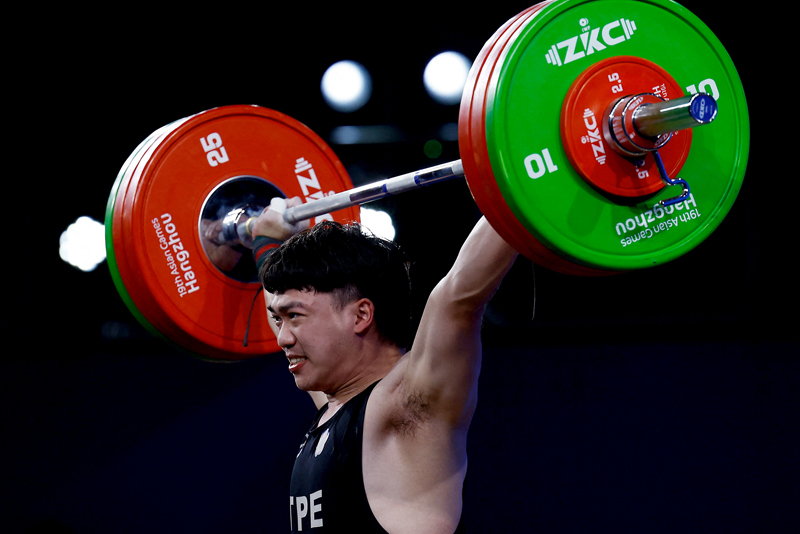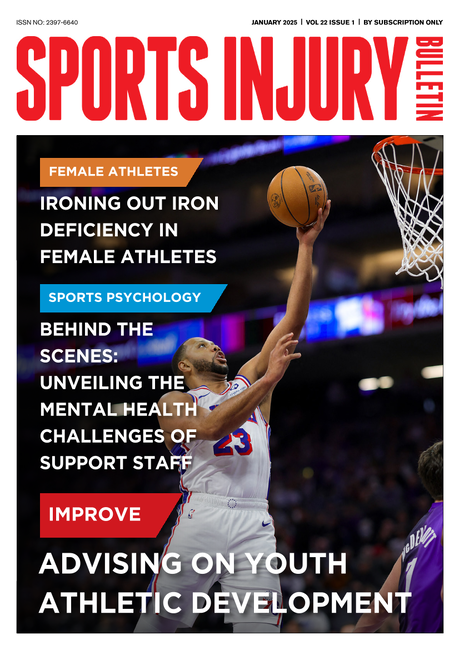You are viewing 1 of your 1 free articles. For unlimited access take a risk-free trial
Verbena for recovery – it’s not a lemon!

In addition to rest and recuperation, replacing lost fluid and carbohydrate (as well as providing enough protein to help regenerate muscle tissue) is an essential part of post-exercise recovery. More recently, some scientists have been investigating other ways to enhance recovery nutritionally – for example with the use of concentrated fruit and herb extracts such as tart cherry juice as a means of improving recovery (see this article ). Now another recently published study suggests that another natural compound – an extract of the lemon verbena plant – can significantly enhance and hasten recovery by helping to limit exercise-induced muscle damage and inflammation. This damage leads to muscle fatigue and muscle soreness, which then makes recovery more challenging.
Verbena and recovery
In this study, 44 healthy male and female sportsmen and women (aged 22-50 years) were studied to investigate the effects of giving a proprietary lemon verbena extract (Recoverben®) on muscle strength and recovery after exhaustive exercise [Journal of the International Society of Sports Nutrition (2018) 15:5]. Importantly, this study was a randomised, placebo-controlled, double-blind study with parallel design (a scientifically rigorous methodology). The subjects were randomly split into two groups:- A lemon verbena group who took 400mgs per day for ten days of the extract.
- A placebo group who performed the same exercise protocol but took an inert placebo supplement for ten days beforehand.
What they found
Muscle function testing (MVC – how hard the muscles were able to contract) showed that MVC was significantly less reduced after exercise in the lemon verbena group than in the placebo group. Moreover, in the lemon verbena group, muscle strength was completely restored after 48 hours, whereas strength was still reduced at that time point in the placebo group. Another key finding was that following the jump protocol, the lemon verbena subjects experienced less pain and discomfort compared to the placebo group. Also, biochemical testing for markers of muscle damage showed the lemon verbena athletes has suffered less damage following the exercise than the placebo group.Implications for athletes
Studies about sports supplements come and go but this one makes for interesting reading because of its strict design and decent sample size. Muscle strength was reduced by 21% in placebo group, and recovery was not completed until two days post exercise (it’s generally accepted that two to seven days are necessary for full recovery following exercise induced muscle damage). Compared to the placebo, lemon verbena extract significantly buffered strength loss after exercise, reducing losses to just 11%, which is the kind of strength loss you would expect with only mild muscle damage And because complete recovery was reached after 48 hours, it seems reasonable to conclude that lemon verbena appears to not only speed recovery, but also reduce fatigue directly after exercise.Practical suggestions
- If you want to try lemon verbena to aid recovery, you can either look for a supplement, or use lemon verbena tea, which makes a very refreshing drink (hot or cold).
- Before using supplements, don’t forget the basics of recovery nutrition. Consume around 20 grams of protein (preferably whey) along with 40-60 grams of carbohydrate immediately after training. Taking this as a drink will also provide fluid (some products also supply electrolyte minerals that may also need topping up). Follow up with a balanced protein/carbohydrate meal 90 minutes afterwards, or if this is not possible, consume another recovery drink. Drink plenty of additional fluid, especially when you have been training in hot conditions.
Newsletter Sign Up
Testimonials
Dr. Alexandra Fandetti-Robin, Back & Body Chiropractic
Elspeth Cowell MSCh DpodM SRCh HCPC reg
William Hunter, Nuffield Health
Newsletter Sign Up
Coaches Testimonials
Dr. Alexandra Fandetti-Robin, Back & Body Chiropractic
Elspeth Cowell MSCh DpodM SRCh HCPC reg
William Hunter, Nuffield Health
Keep up with latest sports science research and apply it to maximize performance
Today you have the chance to join a group of athletes, and sports coaches/trainers who all have something special in common...
They use the latest research to improve performance for themselves and their clients - both athletes and sports teams - with help from global specialists in the fields of sports science, sports medicine and sports psychology.
They do this by reading Sports Performance Bulletin, an easy-to-digest but serious-minded journal dedicated to high performance sports. SPB offers a wealth of information and insight into the latest research, in an easily-accessible and understood format, along with a wealth of practical recommendations.
*includes 3 coaching manuals
Get Inspired
All the latest techniques and approaches
Sports Performance Bulletin helps dedicated endurance athletes improve their performance. Sense-checking the latest sports science research, and sourcing evidence and case studies to support findings, Sports Performance Bulletin turns proven insights into easily digestible practical advice. Supporting athletes, coaches and professionals who wish to ensure their guidance and programmes are kept right up to date and based on credible science.

